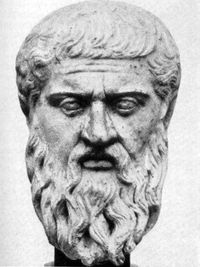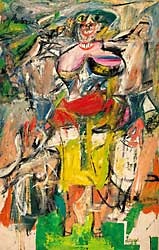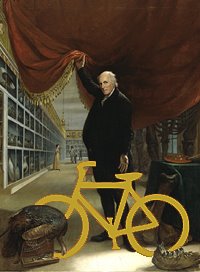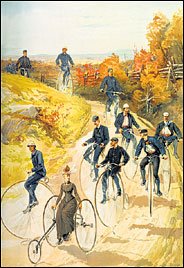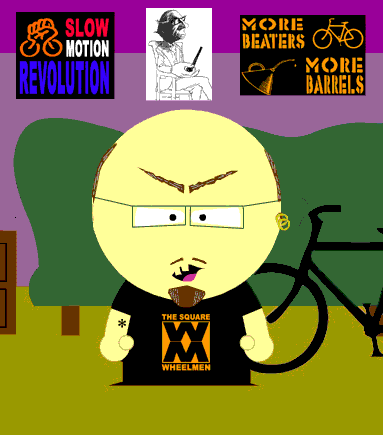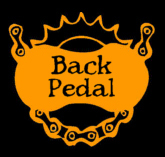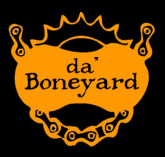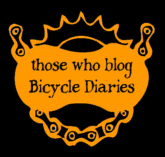Dulce et Decorum Est?
 Over at the BBC, the Today programme asked Poet Laureate, Carol Ann Duffy, to write a poem commemorating yesterday's burial of Henry Allingham. He was the last of the British survivors of The Great War.
Over at the BBC, the Today programme asked Poet Laureate, Carol Ann Duffy, to write a poem commemorating yesterday's burial of Henry Allingham. He was the last of the British survivors of The Great War. The title of this post refers to WWI's most famous poem written by Wilfred Owen. They're the first words of the Latin phrase popularized in an ode by Horace. The words were widely understood and oft quoted at the start of the WWI. They mean It is sweet and right. The full line ending Owen's poem is Dulce et decorum est pro patria mori or it is sweet and right to die for your country. In other words, it is a great honour to sacrifice yourself for your country. Owen, a British officer, was killed in action at the Battle of the Sambre a week before the war ended, causing news of his death to reach home as the town's church bells declared peace.
The title of this post refers to WWI's most famous poem written by Wilfred Owen. They're the first words of the Latin phrase popularized in an ode by Horace. The words were widely understood and oft quoted at the start of the WWI. They mean It is sweet and right. The full line ending Owen's poem is Dulce et decorum est pro patria mori or it is sweet and right to die for your country. In other words, it is a great honour to sacrifice yourself for your country. Owen, a British officer, was killed in action at the Battle of the Sambre a week before the war ended, causing news of his death to reach home as the town's church bells declared peace.George Simmer's Great War Fiction research blog just posted and analyzes Duffy's poem, Last Post:
In all my dreams, before my helpless sight,
He plunges at me, guttering, choking, drowning.
If poetry could tell it backwards, true, begin
that moment shrapnel scythed you to the stinking mud . . .
but you get up, amazed, watch bled bad blood
run upwards from the slime into its wounds;
see lines and lines of British boys rewind
back to their trenches, kiss the photographs from home —
mothers, sweethearts, sisters, younger brothers
not entering the story now
to die and die and die.
Dulce — No — Decorum — No — Pro patria mori.
You walk away.
You walk away; drop your gun (fixed bayonet)
like all your mates do too —
Harry, Tommy, Wilfred, Edward, Bert —
and light a cigarette.
There’s coffee in the square,
warm French bread
and all those thousands dead
are shaking dried mud from their hair
and queuing up for home. Freshly alive,
a lad plays Tipperary to the crowd, released
from History; the glistening, healthy horses fit for heroes, kings.
You lean against a wall,
your several million lives still possible
and crammed with love, work, children, talent, English beer, good food.
You see the poet tuck away his pocket-book and smile.
If poetry could truly tell it backwards,
then it would.
Labels: kunst, war stories, worldbeat















